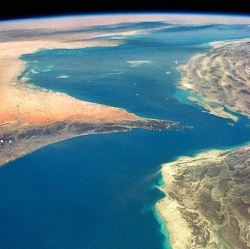
The basic premise scientists currently hold is that, in order to support life, a planet must have liquid water, which largely depends on the planet’s temperature.
However, as Seager points out in her article “Exoplanet habitability,” while planets with thin atmospheres rely on heating from their stars, the primary control of surface temperature for many planets is the greenhouse effect.
A planet ten times farther from their stars than Earth is from the Sun, for instance, could actually boast liquid water and thus life if, for example, its atmosphere had enough hydrogen gas.
“It’s really all about the greenhouse gases,” Seager told Space.com. “The greenhouse gases are like a blanket that moderates the temperature at the surface.”
In fact, Seager argues, a planet may not even have to orbit a star at all should it generate enough heat by processes occurring in its core, and so long as it is home to enough atmospheric gases to keep that warmth.
